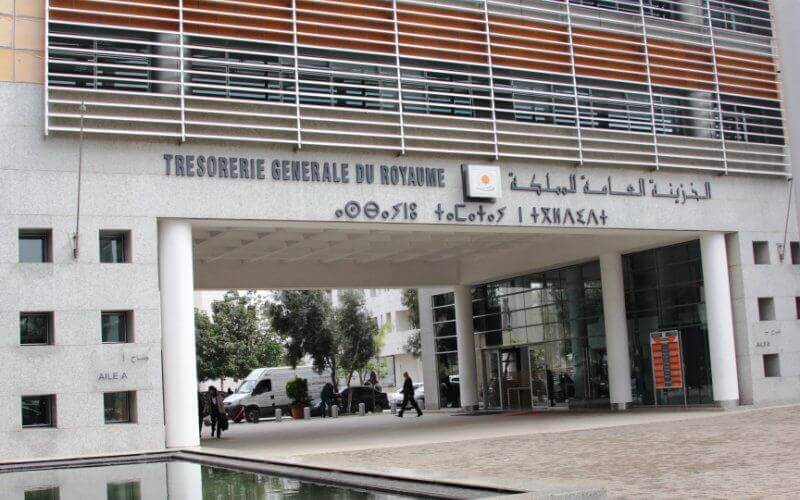Morocco Revolutionizes Local Taxation: DGI Takes Over Residence and Municipal Taxes

A revolution in local taxation in Morocco. Since June 12, 2025, the management of the residence tax (TH) and the municipal services tax (TSC), previously handled by the General Treasury of the Kingdom (TGR), has been transferred to the General Directorate of Taxes (DGI).
This reform is enshrined in Law No. 14-25, amending Law No. 47-06 on the taxation of local authorities. Published in the Official Bulletin on June 12, 2025, the text removes from the General Treasury of the Kingdom (TGR) the management of the residence tax (TH) and the municipal services tax (TSC) to entrust it to the General Directorate of Taxes (DGI). This change does not modify the tax bases, rates, or exemptions in force, nor the general philosophy of local taxation as defined by the founding law of 2007, according to the daily Les Inspirations Éco.
The reform aims to simplify administrative procedures by centralizing the entire management chain, from the establishment of the tax base to the actual collection, around a single actor. "The DGI was already managing the professional tax. The TGR, on the other hand, had taken over the TH and the TSC from 2021, while some municipalities continued to administer other taxes directly," details the publication. The legislator has entrusted the management of the two local taxes to the DGI in the interest of efficiency. "The aim is to enhance the readability of the system, improve the performance of collection, and ensure more consistent governance," explains a tax expert cited by the daily.
This revolution is part of the broader framework of Framework Law No. 69-19 on tax reform focused on digitalization, simplification of procedures, and speed in the administrative processing of files. Thanks to the interconnection of its databases and the generalization of online services, the DGI is equipped to carry out this new mission. From now on, it will be responsible for assessing the tax base, issuing tax notices, collecting payments, and handling complaints.
The residence tax applies to residential properties. It is calculated based on the rental value, according to a progressive scale ranging from 10 to 30%. Public properties, places of worship, recognized public utility foundations, or new housing intended for primary residence are automatically exempt for the first five years. As for the municipal services tax, it aims to finance local public services. It applies to residential buildings and commercial or industrial premises. Its rate is 10.5% in urban or tourist areas, and 6.5% in peripheral areas.
The transfer between the TGR and the DGI will be gradual. A two-month transition period will be observed to ensure continuity of service. "It would be reductive to see this as a sidelining of the TGR, whose expertise has largely contributed to the management of local taxes in recent years. It is rather an organized and rational handover," explains the tax expert. With this reform, the Moroccan state is demonstrating its desire to strengthen the citizen’s trust in taxation. "It is also a matter of reaffirming that local taxation is not an administrative afterthought, but a strategic lever for territorial development," the article concludes.
Related Articles
-

Casablanca Official Exposes Real Estate Tycoon’s Bribery Attempt in Shocking Land Deal Revelation
28 August 2025
-

Morocco’s Automotive Revolution: From Zero to One Million Cars by 2025
28 August 2025
-

Lavish Wedding Ban Near Tetouan Sparks Controversy: Authorities Crackdown on Extravagant Celebrations
28 August 2025
-

Moroccan Customs Seize Record 167 Million Dirhams in Foreign Currency Crackdown
28 August 2025
-

Rabat’s Transport Revolution: 48km High-Speed Bus Network to Transform Urban Mobility
28 August 2025